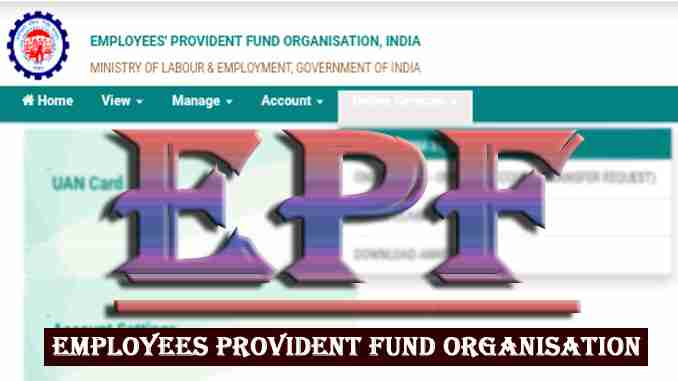EPF is generally seen as a retirement investment. But if the need for withdrawal of money is premature, then does TDS have to be paid. Will tell about it in detail.
EPF is generally considered as a future investment for an employee which he uses after retirement. But situations sometimes become such that there is a need to withdraw money from EPS prematurely. In such a situation, it is important to understand whether the money you are withdrawing will have to be taxed. Usually, TDS is applicable when you withdraw money within five years of opening an EPF account.
As per withdrawal rules, if the EPF account is linked to PAN, the TDS (tax deducted at source) rate will be 10 per cent, while the tax rate will be 34.60 per cent if the account is not PAN linked. .However, there are some cases in which the account holder can avoid tax deduction on withdrawals by withdrawing the balance before five years of account opening. The Employees’ Provident Fund Organization (EPFO), in a recent tweet, asked its members to clear the TDS obligations. informed about what they should know.
When is TDS not deducted on EPF withdrawal?
- According to the EPFO portal, the following are the instances when TDS will not be deducted on EPF withdrawal:
- Transfer of EPF funds from one account to another;
- Termination of service on account of illness of the member; the employer’s decision to cease doing business; conclusion of a project; or for reasons beyond the control of the member;
- If a member withdraws his EPF amount after a period of five years of account opening;
- If the payout is less than Rs.50,000 but the total service of the member is less than 5 years;
- If an employee with less than 5 years of service withdraws more than Rs 50,000 but submits Form 15G/15H along with PAN.
- It is to be noted that Form 15G is for people below 60 years of age while Form 15H is for senior citizens. While submitting Form 15G/15H, members must include their PAN.
When will TDS be deducted
- If a member withdraws more than Rs 50,000 with less than 5 years of service.
- In case of non-submission of Form-15G/15H, TDS at the rate of 10 percent will be deducted on submission of PAN.
- If an employee fails to submit PAN, tax will be deducted at the maximum marginal rate of 34.60 per cent.
There are four components of Employees’ Provident Fund
- Employee or member contributions
- Interest on employee’s or member’s contribution
employer’s contribution - Interest on employer’s contribution.
What is TDS?
TDS is levied on various types of revenue, including salary, interest, commission, dividend, etc.


